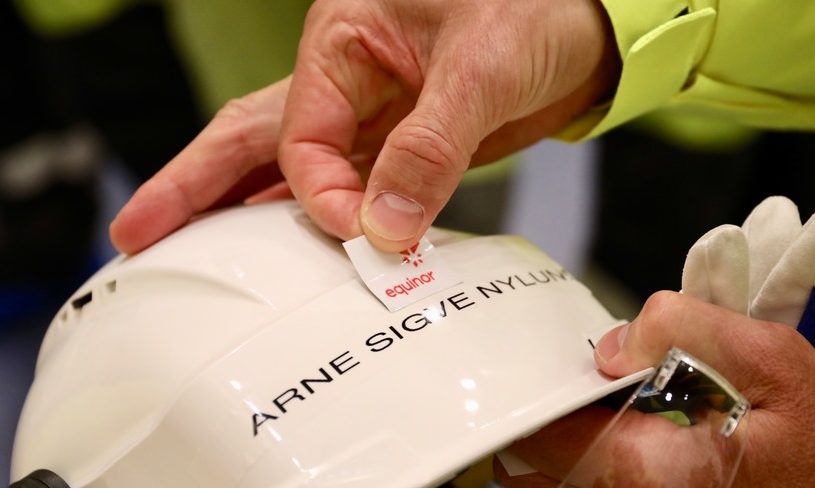Unlike its competitors, Statoil/Equinor has managed to sustain a cleaner, more responsible image. While Shell, Exxon and BP are renowned for their major environmental impacts, Statoil has, to some extent, avoided being tarred with the same brush.
However, Statoil has often found itself in the spotlight over its business dealings.
In 2004, the company was fined £1.6 million after being found guilty of bribery. The Director of the company’s International Department was also fined 200,000 Norwegian kroner. Both Statoil’s Chief Executive and Chairman resigned over the affair.
In the case, Statoil was found to have paid 100,000 Norwegian kroner to a consulting company for services relating to its operations in Iran. It subsequently turned out that the money had been ‘an offer of excessive incentives’ for the ex-president’s son, Mehdi Hashemi, and potentially others who would be able to exert influence over contracts in the country’s oil and gas sector.
And in 2008, the New York Times reported that Norsk Hydro – an oil and gas company bought by Statoil – may have ‘made payments to win business in Libya that breached U.S. and Norwegian anti-corruption rules’. While the payments had taken place before Statoil’s takeover of the company, two of Statoil Hydro’s executive vice presidents resigned at the same time as the news emerged, but the company refused to say why they had quit their jobs.
And just two years ago, Statoil met with Norway’s white-collar crimes police unit to discuss payments of $48.9 million it had made over a four-year period to Sonangol, the Angolan state energy company. The money was supposedly to help fund a new research and technology centre and the payments were agreed as part of Statoil’s contract to drill in the country. Years later and the centre has still not been built. BP has also been called on to explain its own payments towards the centre as part of its contracts with Sonangol.
